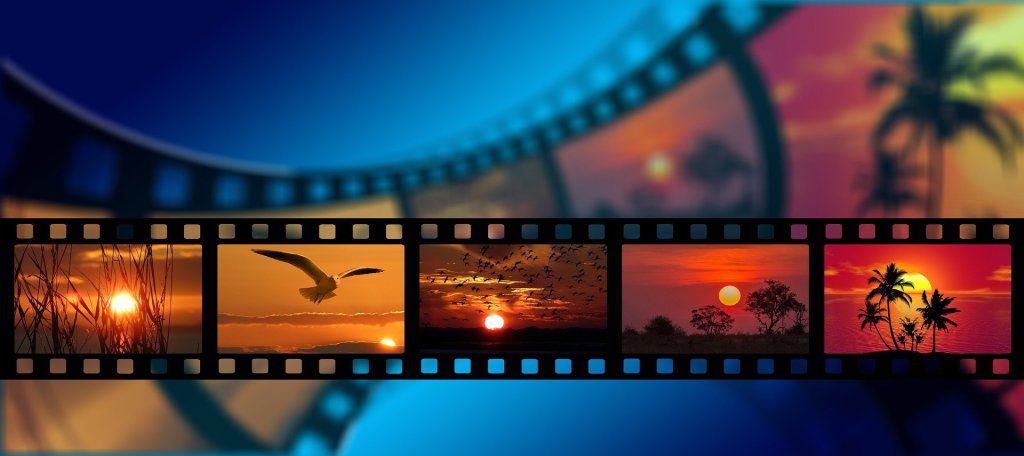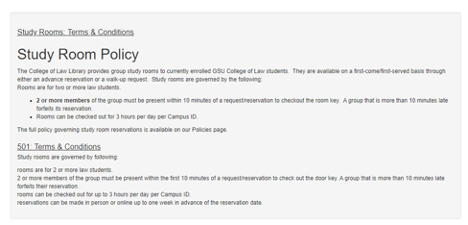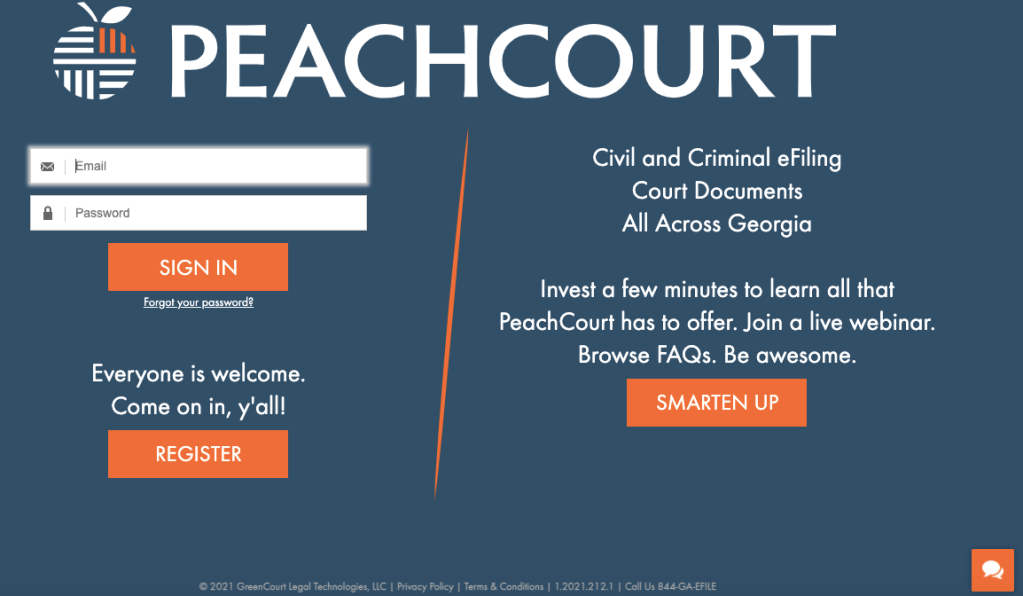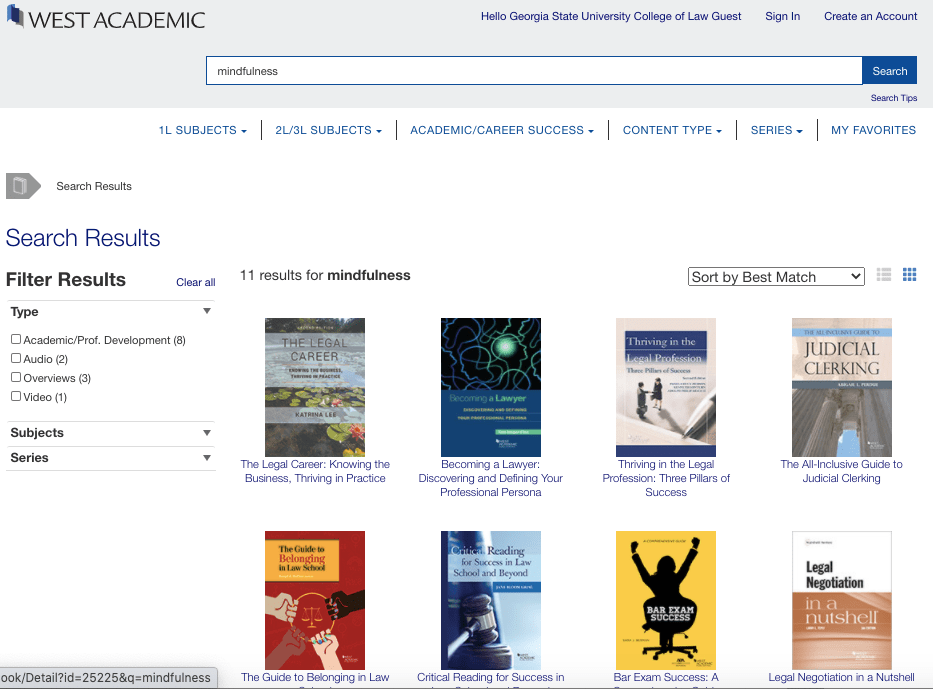In honor of Read a New Book Month (December 2022), the Law Library collected recommendations from the GSU Law faculty and staff of books (and movies) to share on our blog. Below is the list of submissions. The name of the nominator, the title, and the creator are followed by a brief description of the work. Some descriptions are publisher blurbs, while others reflect the nomination.
Librarian Professor Pam Brannon recommends Nothing to See Here, by Kevin Wilson.
Basically, the protagonist is asked to take care of the step-children of her former classmate, with whom she has a compilated history. She accepts and discovers that the children have a tendency to… burst into flame when they get upset. It’s an incredibly funny and ultimately sweet story about accepting people as they are.
Professor Julian Hill recommends Collective Courage by Jessica Gordon Nembhard.
This book changed my life. It covers the long history of cooperative economic practices among African Americans from before the abolition of slavery up to today. It charts how relatively well-known human/civil rights icons like Ella Baker, Fannie Lou Hamer, W.E.B. DuBois and A. Phillip Randolph, among others, viewed cooperative economics as key to the fight for equal rights and dignity among all. It highlights some of the trends, such as ongoing political education, that made cooperatives successful throughout the country, particularly among Black women and in the south, and some of the hard truths regarding state sabotage. After reading it, I left the Buenos Aires office of my firm to work at a nonprofit legal services shop to advise worker cooperatives (for a fraction of the salary) and never looked back.
Professor Hill also recommends the film “Moonlight.”
I watch this movie at least once a year. It’s a beautiful story about a Black, masc-identifying person, Chiron, through three stages of his life. Through stunning videography, it shows Chiron’s upbringing in Miami, mixed with pockets of joy, abuse, imagination, care, and struggles around sexuality, and his maturity into adulthood in Atlanta, where self-acceptance, toxic masculinity, and love bubble to the fore. It’s a touching love story with plots, twists, and excellent acting.
Professor Bill Edumndson recommends the Rail Cow Girl YouTube channel.
Rail Cow Girl is a Norwegian railroad engineer (aka “driver”).
Her “cab view” videos top the charts on YouTube: watch.
There is more about her here: https://www.railcowgirl.com/about/
For relaxation, her videos cannot be beaten.
Her YouTube channel is only one of many cool (pun intended) things about Norway.
For others, visit https://www.peoplespolicyproject.org/
Professor Megan Boyd recommends The Splendid and the Vile by Erik Larson.
In The Splendid and the Vile, Erik Larson shows, in cinematic detail, how Churchill taught the British people “the art of being fearless.” It is a story of political brinkmanship, but it’s also an intimate domestic drama, set against the backdrop of Churchill’s prime-ministerial country home, Chequers; his wartime retreat, Ditchley, where he and his entourage go when the moon is brightest and the bombing threat is highest; and of course 10 Downing Street in London. Drawing on diaries, original archival documents, and once-secret intelligence reports—some released only recently—Larson provides a new lens on London’s darkest year through the day-to-day experience of Churchill and his family: his wife, Clementine; their youngest daughter, Mary, who chafes against her parents’ wartime protectiveness; their son, Randolph, and his beautiful, unhappy wife, Pamela; Pamela’s illicit lover, a dashing American emissary; and the advisers in Churchill’s “Secret Circle,” to whom he turns in the hardest moments.
Professor Megan Boyd recommends Tomorrow and Tomorrow and Tomorrow by Gabrielle Zevin.
On a bitter-cold day, in the December of his junior year at Harvard, Sam Masur exits a subway car and sees, amid the hordes of people waiting on the platform, Sadie Green. He calls her name. For a moment, she pretends she hasn’t heard him, but then, she turns, and a game begins: a legendary collaboration that will launch them to stardom. These friends, intimates since childhood, borrow money, beg favors, and, before even graduating college, they have created their first blockbuster ,Ichigo. Overnight, the world is theirs. Not even twenty-five years old, Sam and Sadie are brilliant, successful, and rich, but these qualities won’t protect them from their own creative ambitions or the betrayals of their hearts.
Spanning thirty years, from Cambridge, Massachusetts, to Venice Beach, California, and lands in between and far beyond, Gabrielle Zevin’s Tomorrow, and Tomorrow, and Tomorrow is a dazzling and intricately imagined novel that examines the multifarious nature of identity, disability, failure, the redemptive possibilities in play, and above all, our need to connect: to be loved and to love.
Professor Boyd also recommends The Executioner’s Song by Norman Mailer (a true crime Pulitzer Prize winner).
Arguably the greatest book from America’s most heroically ambitious writer, The Executioner’s Song follows the short, blighted life of Gary Gilmore who became famous after he robbed two men in 1976 and killed them in cold blood. After being tried and convicted, he immediately insisted on being executed for his crime. To do so, he fought a system that seemed intent on keeping him alive long after it had sentenced him to death. And that fight for the right to die is what made him famous.
Professor Boyd also recommends Hamnet by Maggie O’Farrell.
England, 1580: The Black Death creeps across the land, an ever-present threat, infecting the healthy, the sick, the old and the young alike. The end of days is near, but life always goes on. A young Latin tutor—penniless and bullied by a violent father—falls in love with an extraordinary, eccentric young woman. Agnes is a wild creature who walks her family’s land with a falcon on her glove and is known throughout the countryside for her unusual gifts as a healer, understanding plants and potions better than she does people. Once she settles with her husband on Henley Street in Stratford-upon-Avon, she becomes a fiercely protective mother and a steadfast, centrifugal force in the life of her young husband, whose career on the London stage is just taking off when his beloved young son succumbs to sudden fever.
Professor Boyd also recommended Children of Blood and Bone by Tomi Adeyemi.
Zélie Adebola remembers when the soil of Orïsha hummed with magic. Burners ignited flames, Tiders beckoned waves, and Zélie’s Reaper mother summoned forth souls. But everything changed the night magic disappeared. Under the orders of a ruthless king, maji were killed, leaving Zélie without a mother and her people without hope.
Now Zélie has one chance to bring back magic and strike against the monarchy. With the help of a rogue princess, Zélie must outwit and outrun the crown prince, who is hell-bent on eradicating magic for good. Danger lurks in Orïsha, where snow leoponaires prowl and vengeful spirits wait in the waters. Yet the greatest danger may be Zélie herself as she struggles to control her powers and her growing feelings for an enemy.
Director of Student Life Cody Teague recommends The Great Believers by Rebecca Makkai.
I read this book about a year ago and still think about it often. It explores themes of family (biological and chosen), friendship, and community across generations. The author bounces you between two distinct time periods in a way that keeps you turning the page to find out more. The writing brings the visceral emotions of the time period and people to life. It’s a book I’ve had on my “re-read” list since I finished it!
Professor Deepa Varadarajan recommends Evening Hero by Marie Myung-Ok Lee.
A sweeping, lyrical novel following a Korean immigrant pursuing the American dream who must confront the secrets of the past or risk watching the world he’s worked so hard to build come crumbling down.
Librarian Professor Patrick Parsons recommends The Way of the Runner by Adharanand Finn
Don’t know much about Japanese running culture? Never of the ultra-popular Japanese style relay called an Ekiden? Neither did I until I read this book. It’s everything you need in a jaunty holiday read – short, entertaining, and super interesting.
Librarian Professor Meg Butler recommends Lessons in Chemistry by Bonnie Garmus.
Set in the early 1960s, this story reflects love and loss in the life of a woman whose interest in becoming a professional chemist is foiled by some and advanced through her sheer grit. The dog and its ever-expanding vocabulary was one of my favorite aspects of this novel.
Librarian Professor Butler also recommends When Women Were Dragons by Kelly Barnhill.
I bought this at Little Shop of Stories in Decatur, a book for grownups available in a fabulous bookstore full of books for children. Author Barnill writes stories that are meant to be read out loud, and that is apparent in the quality and character of the description and the dialog—I found the story gripping. If you would like to imagine a world in which women, en masse, turned into dragons and flew away, this is a story for you.
Librarian Terrance Manion recommends Zonal Marking: From Ajax to Zidane, the Making of Modern Soccer by Michael W. Cox.
With the World Cup in full swing, I am reminded how much I enjoyed reading Zonal Marking over the summer (when the World Cup should have been played). The author lays out the current landscape of modern European soccer via a sightseeing tour of its recent history. From Catenaccio to Tiki-taka to Gegenpressing, this book explores tactical soccer trends in digestible chunks so you are never overwhelmed.
Librarian Manion also recommends Project Hail Mary by Andy Weir.
The author of The Martian has created my favorite alien since Chewbacca. I am guessing you can wait for the movie to come out if you want because it is only a matter of time, See https://www.imdb.com/title/tt12042730/.















You must be logged in to post a comment.